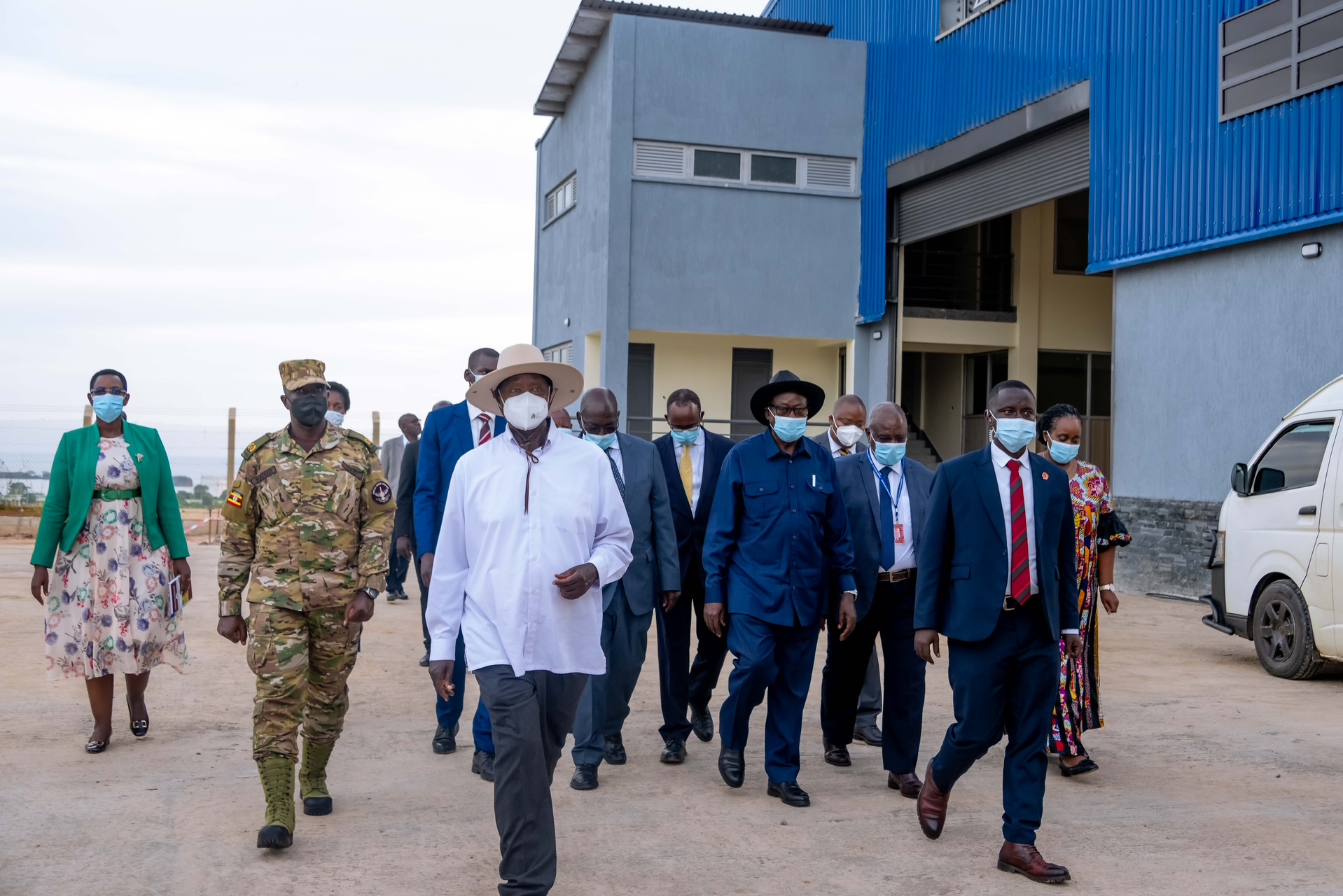Global Campaigners Call For New Investments To Eliminate TB In Africa
According to Fujiwara, other interventions that could hasten realization of TB-free status in the continent by 2030 include investments in shorter but efficacious treatment regimens.

The tuberculosis elimination goal in Africa could be realized earlier than the envisaged 2030 deadline once governments, industry and donors commit more resources to support early diagnosis, treatment and vaccine development, international health campaigners said on Wednesday.
Lucica Ditiu, the Executive Director of Stop TB Partnership, an international health lobby, stressed that robust financing, capacity building and awareness creation are key to boosting action on the bacterial respiratory disease, rampant in Africa.
Speaking during the virtual launch of the Global Plan to End TB, 2023-2030, Ditiu observed that eradicating the airborne disease in Africa required smart investments in surveillance, testing, treatment and care.
While acknowledging that a high TB burden has derailed Africa’s economic growth besides worsening the fragility of the continent’s public health systems, Ditiu said that countries should leverage domestic resources, collaborative research and deployment of new therapeutic and diagnostic tools to contain the disease.
The World Health Organization (WHO) Global TB report of 2020 indicates that an estimated 2.5 million people in the Sub-Saharan Africa region developed full-blown tuberculosis, equivalent to 25 percent of the global total.
More than half a million deaths or one-third of the global total were recorded in the Sub-Saharan African region in 2020, according to WHO. Tereza Kasaeva, the Director of Global TB Program at the WHO noted that Africa accounted for 17 out of 30 countries listed by the UN healthy agency as carrying the heaviest burden of the disease.
She added that more than 1.1 million people lack access to TB diagnosis and treatment in the continent, a predicate that was worsened by COVID-19 pandemic.
She said Africa is grappling with a huge funding gap estimated at 44 percent that has undermined efforts to eradicate tuberculosis, hence the need to explore innovative financing options.
Paula Fujiwara, the Chair of Stop TB Partnership’s Global Plan Task Force said that Africa should invest in digital tools to boost diagnosis and case management of tuberculosis.
According to Fujiwara, other interventions that could hasten realization of TB-free status in the continent by 2030 include investments in shorter but efficacious treatment regimens.






